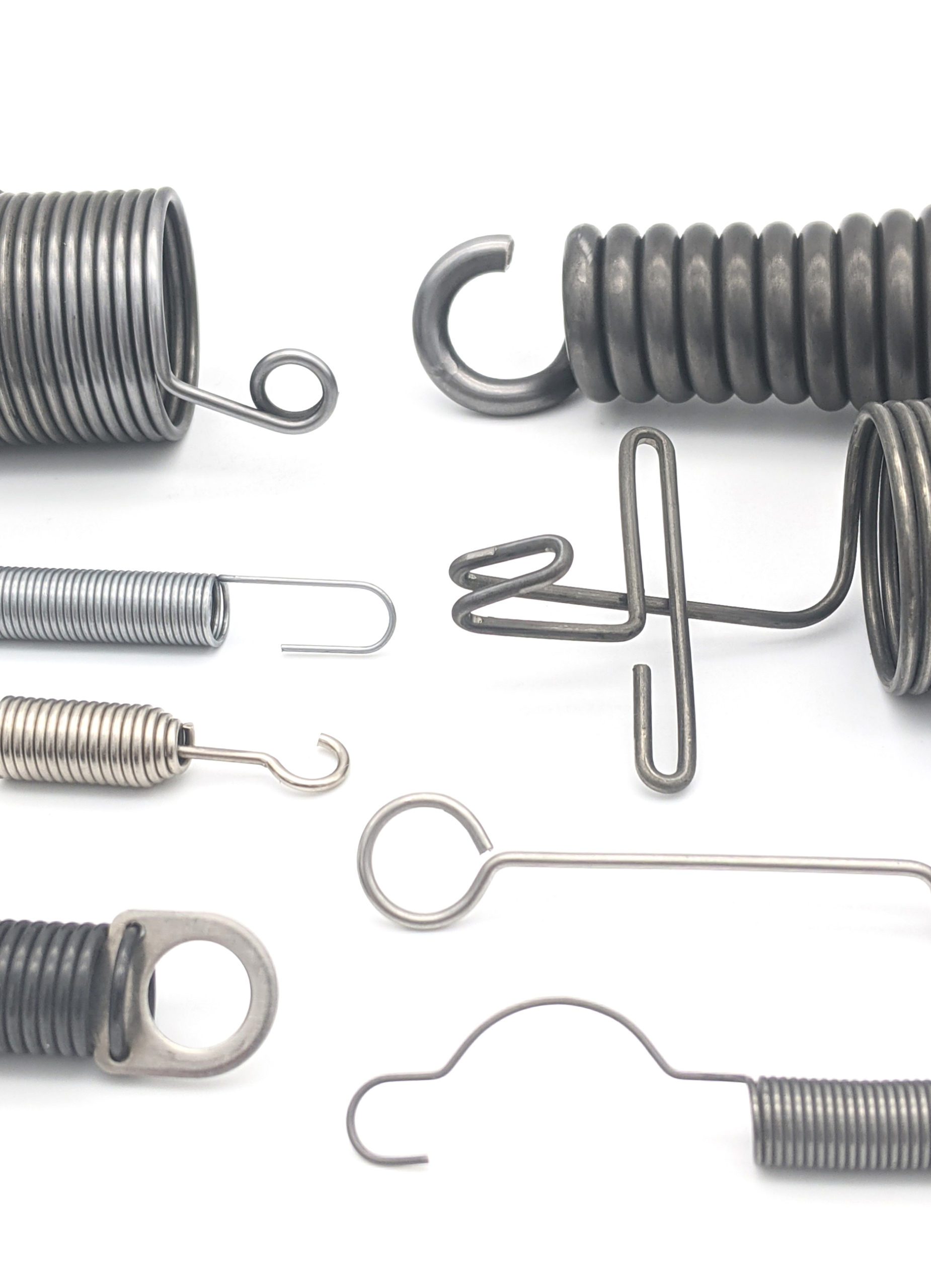Get unique, complex parts easily. No matter your requirements, Chaoyi Spring creates hard-to-produce coil springs and wire forms.
Let us help you create the custom wire form you need, from S-hooks and J-hooks to utility hooks and more.
We work closely with customers across a wide range of industries, helping them design and manufacture made-to-order parts.
Why choose Chaoyi Spring? We prioritize customer-focused collaboration, modern equipment and the latest technology to make your parts per print.
Find the information and guidance you need, from measuring a spring to learning about materials, placing an order and much more.
Spring compression testing is a crucial process for evaluating the strength, durability, and reliability of spring components. It involves subjecting the spring to controlled compression forces and monitoring its response.


Spring compression testing is a crucial process for evaluating the strength, durability, and reliability of spring components. It involves subjecting the spring to controlled compression forces and monitoring its response. This testing methodology provides valuable insights into the spring's performance characteristics, ensuring it meets the demanding requirements of various applications. From automotive suspensions to intricate mechanical devices, spring compression testing plays a vital role in ensuring optimal performance and safety.

Spring compression testing is an essential quality control measure for manufacturers and designers alike. By subjecting a spring to controlled compression forces, engineers can gather vital information about its performance characteristics, including:
The results of spring compression testing provide valuable data for:
Spring compression testing can be performed using various methods, each offering unique advantages and applications. Some common methods include:
Several factors can influence the results of spring compression testing, impacting the spring's performance and reliability. These include:
Accurate spring compression testing is paramount to ensuring optimal performance and reliability of products. Inaccurate testing can lead to:
To ensure consistency and reliability in spring compression testing, various standards have been developed. These standards provide guidelines for testing procedures, equipment requirements, and data interpretation. Some common spring compression testing standards include:
Spring compression testing is a vital process for evaluating the strength, durability, and reliability of spring components. It plays a crucial role in ensuring the optimal performance of products across diverse industries. By understanding the principles of compression testing, selecting appropriate test methods, and adhering to relevant standards, engineers can gain valuable insights into spring behavior, optimize designs, and enhance the reliability of products.
In conclusion, spring compression testing is a cornerstone of quality control and performance optimization for spring-based systems. By subjecting springs to controlled compression forces, engineers can gain valuable insights into their mechanical properties, ensuring optimal performance, safety, and reliability. From automotive suspensions to intricate medical devices, spring compression testing plays a vital role in ensuring that these components meet the demanding requirements of their intended applications.
Browse some of the custom wire forms and springs that we manufacture. Don’t see what you need? We specialize in made-to-order products that meet your application requirements.
Visit Our GalleryNeed a custom wire form or coil spring? We make it work. Fill out the contact form and a representative will respond within 1 business day. If you have a PDF or CAD file, you can submit to request a quote.